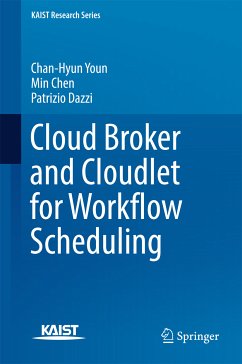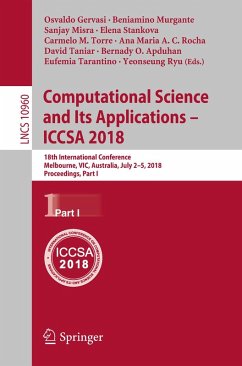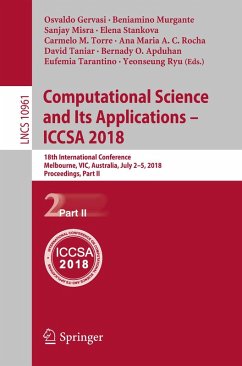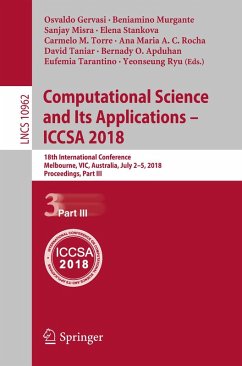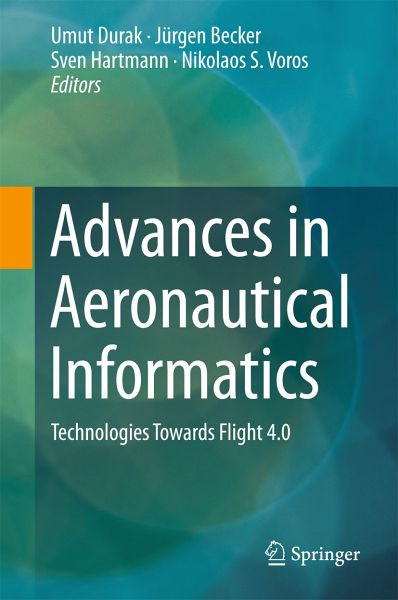
Advances in Aeronautical Informatics (eBook, PDF)
Technologies Towards Flight 4.0
Redaktion: Durak, Umut; Voros, Nikolaos S.; Hartmann, Sven; Becker, Jürgen
Versandkostenfrei!
Sofort per Download lieferbar
64,95 €
inkl. MwSt.
Weitere Ausgaben:

PAYBACK Punkte
32 °P sammeln!
The history of flight started with the pioneer era. The introduction of mechanical controls (including hydraulics) then led to the second era. Later, with the utilization of computers and automation in aircraft, we reached the third era. Now, we are moving towards the fourth era of flight, namely Flight 4.0, which is characterized by "smart" and "connected" aircraft that extensively exploit emerging information and communication technologies. Aeronautical informatics is advancing rapidly through the synergy between information and communication technologies and aeronautics. Multi-core avionic ...
The history of flight started with the pioneer era. The introduction of mechanical controls (including hydraulics) then led to the second era. Later, with the utilization of computers and automation in aircraft, we reached the third era. Now, we are moving towards the fourth era of flight, namely Flight 4.0, which is characterized by "smart" and "connected" aircraft that extensively exploit emerging information and communication technologies.
Aeronautical informatics is advancing rapidly through the synergy between information and communication technologies and aeronautics. Multi-core avionic platforms, wireless avionics networking, service-oriented architectures and IoT, data sciences and semantic infrastructures are shaping systems to come. Increasing autonomy requirements are challenging the community to investigate new ways to assure safety. Modern software engineering methodologies and real-time software techniques are altering the established development practice. Universities are starting to align their aerospace engineering and computer science curriculums in order to address this synergy.
This book is a unique compilation of advancements in aeronautical informatics, introducing the changing technology landscape of flight with respect to a new push in information and communication technology.
Dieser Download kann aus rechtlichen Gründen nur mit Rechnungsadresse in A, B, BG, CY, CZ, D, DK, EW, E, FIN, F, GR, HR, H, IRL, I, LT, L, LR, M, NL, PL, P, R, S, SLO, SK ausgeliefert werden.
Alle Preise in Euro und inkl. der gesetzl. MwSt. | Innerhalb Deutschlands liefern wir preisgebundene Bücher versandkostenfrei. Weitere Informationen: bitte hier klicken
Support
Bitte wähle dein Anliegen aus:
Rechnungen
Bestellstatus
Retourenschein
Storno





